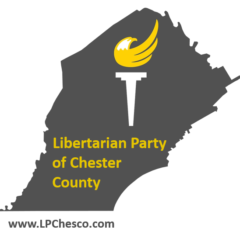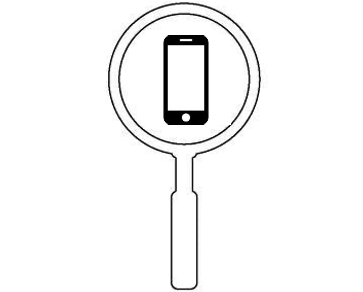When it became obvious that Covid virus exposure could be dangerous, some health professionals knew that personal technology, in the form of our mobile phones, might help people stay safer. Yet many months after this realization, our ability to use this technology is virtually zero. The reason for this is consistent with how our governments have generally mishandled the health situation; with general incompetence.
On the one hand you have government agencies who are interested in exerting a large degree of control over the population. This includes knowing where everyone has been at all times, and correlating activity with virus exposure. Many people are understandably concerned about this approach. The Associated Press recently reported that immigrant communities, in particular, are suspicious of any government reason for monitoring their movements and have refused to participate in the various state apps that have been developed for phones. Others, like many Libertarians, simply do not trust the government with additional data about their activity.
Mobile phones use several different radios to function, including GPS, Wifi, and Bluetooth, as well as cellular signals. Most of these systems can pinpoint and record location, but Bluetooth cannot do this by itself. This is why two of our largest technology companies, Apple and Alphabet (Google) decided to use it. Two technology rivals agreed to use their own resources to cooperate on a system and offer it free of charge to anyone who wanted to use it.
This system does not track location, but when used by a large number of people, can inform the user if they have been in close proximity of an infected person. (Bluetooth works up to about 33 feet). When someone tests positive, they can allow the app to inform people who were in their proximity for up to the past 14 days. All data collected is encrypted and never transmitted anywhere. All data remains on the user’s phone and can be erased by the owner. The companies allowed other app makers to interact with the data, with the user’s permission and provided they had no GPS component.
While this system was less precise and data-rich than those employed in other countries (especially in Asia), it had the advantage of being anonymous and completely user-controlled. All that was needed to work was the cooperation of local health departments to promote the free app and help educate people on its use.
The UK recognized that the Apple-Google app was better than their own version and switched over. Yet today only five states have signed on. The reason? It offers too much privacy. Back in May, 2020 the Washington Post published a story that managed to misrepresent almost everything about the app. The Post supported the claim, “Health Officials Say It Will Be Practically Useless”. In the article, government officials complained bitterly about Apple and Google’s “unbending stance” to not undermine people’s right to privacy. Local officials demanded that the data be “shared automatically with health officials”.
In other words, unless this app made all user data available to ‘health officials’ then the states would not support the technology. How dare a private organization decide to prevent the state from collecting personal data! After all, you cannot trust people to decide what is in their own best interest. Once again, the private economy quickly builds an elegant solution, only to have it rejected by governments who only understand their own need to control others. Instead, many states have hired human ‘contact tracers’ to sit and make phone calls in a sad attempt to do what a free app can accomplish in seconds.
States have also spent millions to develop their own apps – each one different and not compatible with any other – a waste of taxpayer dollars and creating zero health benefits for the voters. The Wall Street Journal reported that a county in Wyoming purchased an app to protect visitors to Yellowstone National Park from virus contact. One the first day the park reopened, rangers counted license plates from 41 different states, rendering the county app useless.
FEE.org has pointed out that the wide number of contact tracing apps are operating without any updated privacy guarantees by governments. By allowing authorities a free pass because of the current health emergency may curtail personal freedoms for a long time to come. When people can control their data and how it is used, they can use technology to help protect their health and the health of others. It is also time for our state and federal authorities to update our right to privacy, especially when using new and developing technology.
China and other countries do not recognize personal rights and can require apps that reveal private information. The tech companies proposed an alternative that allows data to be secret and controlled by individuals. Our governments have opted to create an unusable mess that spends money and offers zero advantages.

